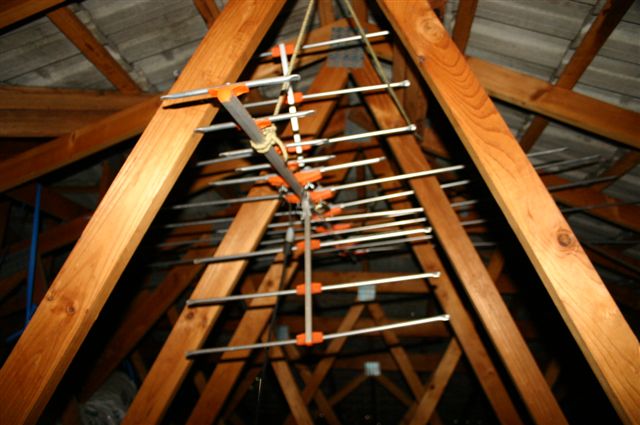Primus are hopeless. They make Telstra look like really with-it, hoopy froods. I had no problems at all for about 4 years while I had just one phone line connected and didn’t try to change anything.
We signed up for another line. They connected the new line, and cut off the old one. Ring, complain, apologies. Disconnect the new line, reconnect the old. Ring, complain, apologies. The fun continued for a while.
Remember I said iPrimus had a great deal on ADSL? Not long after we signed up for ADSL, our line went dead. “Completely unrelated” says Primus. “Telstra line fault”. Sure. Have you tried reporting a dud phone line when the phone line’s dud? Doesn’t work so good.
Then there was a massive delay with the modem. Eventually we rung up and asked where it was. “We tried delivering it two weeks ago. No one was home. We left a card.” Searching high and low produced no card. However, we found the card the following weekend – they tried to deliver the modem to our old address. Which is not our billing address, or the address where the ADSL line was being set up. I have no idea why they’d want to deliver to that address.
They rung up last night about a missing payment. I didn’t get that bill. Somehow they sent it to 457/457 St Kilda St so I don’t know what would have happened to it. Probably lost in that great postal delivery hole in the sky. Much apologies later, late payment fee waived, all that stuff.
These guys seem to have a lot of bugs in their computer system. Being a telco in Australia only requires that you bill the customers and pay Telstra’s bills. So all primus needs to do is run a billing system. How hard could it be?
But their customer service after these stuff-ups is always really good. Once you get through to a human which can sometimes take a while. At least their call centre isn’t in India. That would be the last straw.


 Apple
Apple  AppleInsider has found
AppleInsider has found  Having installed the UK-spelling version of Firefox, it almost looks unnatural to see dialog(ue) boxes about “colours”. And I think it’s the downloads dialog that refers to saving to “disc”.
Having installed the UK-spelling version of Firefox, it almost looks unnatural to see dialog(ue) boxes about “colours”. And I think it’s the downloads dialog that refers to saving to “disc”.